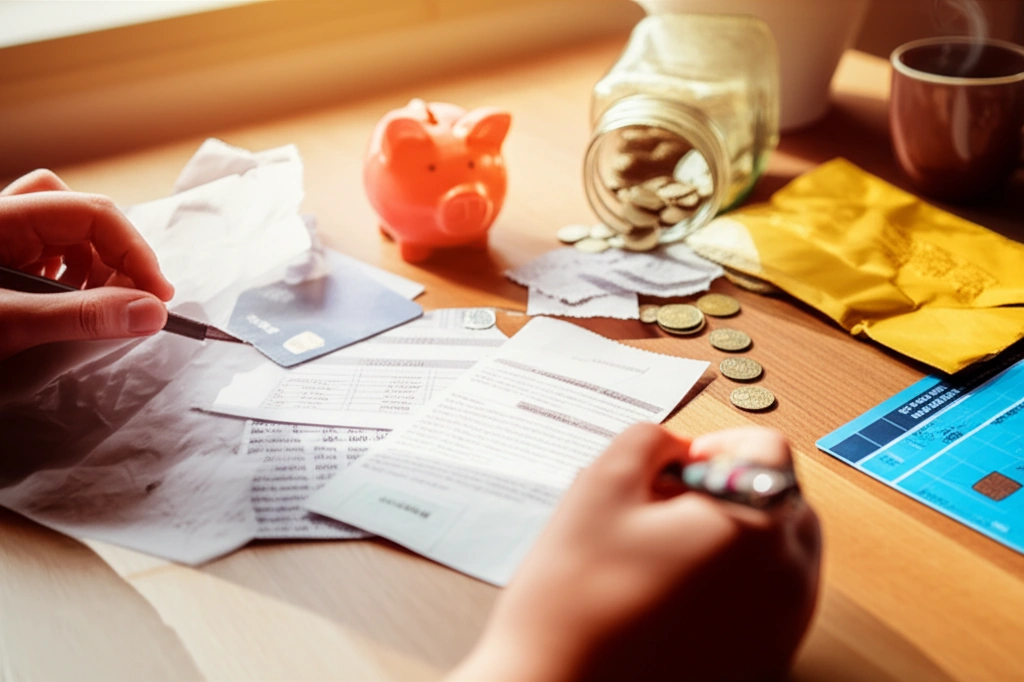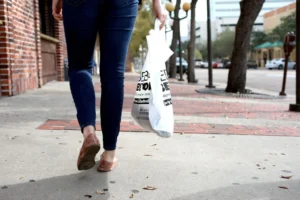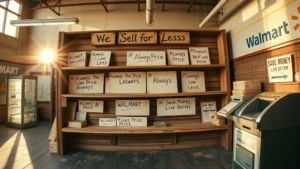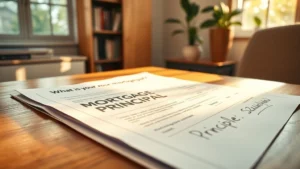Alright, let’s get straight to the point — are you feeling like your wallet’s got a few sneaky holes in it? You’re not alone, seriously. Tons of us fall into these traps without even realizing it, and those habits quietly drain our cash faster than we notice. But here’s the good news: recognizing these 5 bad money habits and making small changes can actually save you a ton and give you more control over your finances. Let’s break it down together, step by step.
Think of this more like a friendly chat about those common money mistakes that trip up most of us — especially when the stakes feel high or confusing. No judgment, just straight talk and some easy fixes that you can start using today. Sound good? Let’s jump in!
Big 5 Money Habits
1. Spending First, Saving Later
This one’s a classic money pit. How often do you grab your paycheck and spend first, hoping there’s something left to save afterward? Spoiler alert: that “leftover” usually vanishes into thin air. Saving last is like trying to jog after a full pizza—nearly impossible!
Switch it up by saving first. Literally, set up an automatic transfer so 20% of your paycheck jumps into savings the minute it lands. You spend what’s left, not the other way around. This way, you protect your future before reality hits your checking account.
2. Impulse & Emotional Buying
Ever order that extra online purchase because, well, it “just looked so good”? Or comfort-buy something after a crummy day? Happens to the best of us. But those little happy splurges add up quicker than you can say “oops.”
Try this: before you buy, take a pause. Not a pause of 2 seconds, but a good 24 hours. If you’re still itching to get it tomorrow, then okay—but often that desire fades (almost magically). Also, budget a small monthly amount for fun purchases to avoid the guilt and sneaky spending.
3. Using Credit Cards Without a Plan
Credit cards can be lifesavers but also landmines if you treat them like free money. Rolling balances with those high-interest rates, usually around 21%, can bury you in debt quite fast.
If you can’t pay cash, pause before swiping. Focus on using cards for essentials or emergencies, and always pay off the balance in full. Treat your credit card like a useful tool, not a magic wand.
4. Ignoring Budgets and Expense Tracking
Not having a budget is like setting off on a road trip without a map. You might get somewhere, but it probably won’t be where you want to go — and the gas will run out unexpectedly.
Start simple: track your income and expenses for a month—yep, every coffee, every bill, every little thing. There are great apps or even a plain spreadsheet. Then build a realistic budget that covers essentials, savings, and a bit of fun. This clarity alone can stop a lot of waste.
5. No Emergency Fund & Delayed Investing
Life loves throwing curveballs—medical bills, car repairs, a sudden job loss—and without an emergency fund, these can wreck your peace of mind (and your finances). Not investing early is another missed chance to grow your money through time and compounding.
Start small by saving enough to cover 3 months of expenses in a separate account. Once you have that, even chuck a bit monthly into investing. The early bird doesn’t just get the worm; it grows it into a whole garden.
The Why: Why These Habits Are So Costly
It’s easy to shrug off these habits as “just money stuff,” but the real cost runs deep. Over time, these little leaks turn into rushing debts, missed opportunities, or just plain stress. Financial pressure creeps into your life like fog—one day you notice it’s everywhere, clouding your choices and peace of mind.
For example, daily coffees or random impulsive buys might seem harmless but add up to hundreds or even thousands lost a year. And debt from credit cards? That’s like paying a toll every day just to borrow your own money.
Understanding 10 bad money habits you need to break today and how small changes can reverse these habits helps you take back control, step by step.
How To Fix These Habits
Spending First, Saving Later — Flip The Script
As mentioned, make saving a non-negotiable. One simple trick is the 80/20 rule — save 20% first, then live on the rest. Automate it so you don’t even have to think about it. Over time, your savings feel less like a sacrifice and more like a natural part of life.
Impulse Buying — Master The Pause
Put a 24-hour “cool down” on purchases, especially big or frequent ones. Write a list and stick to it, budgeting some fun money so you don’t feel deprived. It’s about balance — you don’t have to be a saint and give up everything fun.
Credit Card Caution — Use Wisely
Pay your cards in full every month to avoid interest. If you’re carrying balances, prioritize paying them down ASAP. Remember, using credit for something you can’t afford today is usually buying stress for tomorrow.
Budget Like A Pro… Or At Least Like A Friend
Start small — just list your major income and expenses monthly. Then dig into details if you want. Find a budgeting style that fits your personality — whether that’s a pen-and-paper journal, an app, or even old-school envelopes (remember those?).
Emergency Fund & Investing — Baby Steps Count
Get a small fund that can cover a few months of bills — it’s freedom insurance. Then, even if it’s just a tiny monthly amount, get started with investing. Time is your best advantage here, so the sooner the better.
Other Habits To Keep An Eye On
Of course, the five we talked about today are some of the biggest wallet drains, but there are plenty more lurking out there. For example, 16 bad spending habits explore a bigger variety that can trip you up, especially if you’re a student or just starting out. Things like buying bottled water instead of tap, daily takeout instead of home-cooked meals, or racking up unused subscriptions.
Speaking of students, bad spending habits of students worldwide often stem from lack of financial literacy and impulse decisions. If you fall into this group (or know someone who does), the advice here is gold. Developing good money habits early can shape your entire financial future.
Personal Stories — Because We’ve All Been There
Let me share a quick story of a friend, Emily. She used to spend her paycheck like it was a firecracker—gone in a flash. She’d grab lattes daily, impulse buy new clothes, and her credit card was maxed every month. After a little budgeting help and setting up automatic savings, she surprised herself by saving enough for a small vacation fund within six months. It gave her confidence and peace of mind she never had before.
Or take my cousin Mark—he ignored investing for years, thinking it was “too complicated.” When he finally started small and consistent dollar-cost averaging in his 30s, his portfolio grew steadily and comfortably over time. He now smiles about those “lost years” but is glad he started when he did.
Final Thought — Your Money, Your Rules
Breaking these 5 bad money habits isn’t about perfection — it’s about progress. Find one habit you can target this week and just start there. Maybe it’s tracking your expenses or skipping that extra latte once a week. The key? Keep going, celebrate your wins, and don’t beat yourself up for slip-ups.
Remember, financial health isn’t about deprivation or stress. It’s about freedom and choice. And yeah, sometimes a little splurge makes life sweeter — but only when it’s part of your plan, not your problem.
If you want to dive deeper and get more ideas, feel free to check out 10 bad money habits you need to break today and 16 bad spending habits for a broader toolkit.
So, what’s your biggest money habit you want to kick? If you’re like me, just talking about it out loud is a great start. Let’s get your wallet working for you, not against you.













